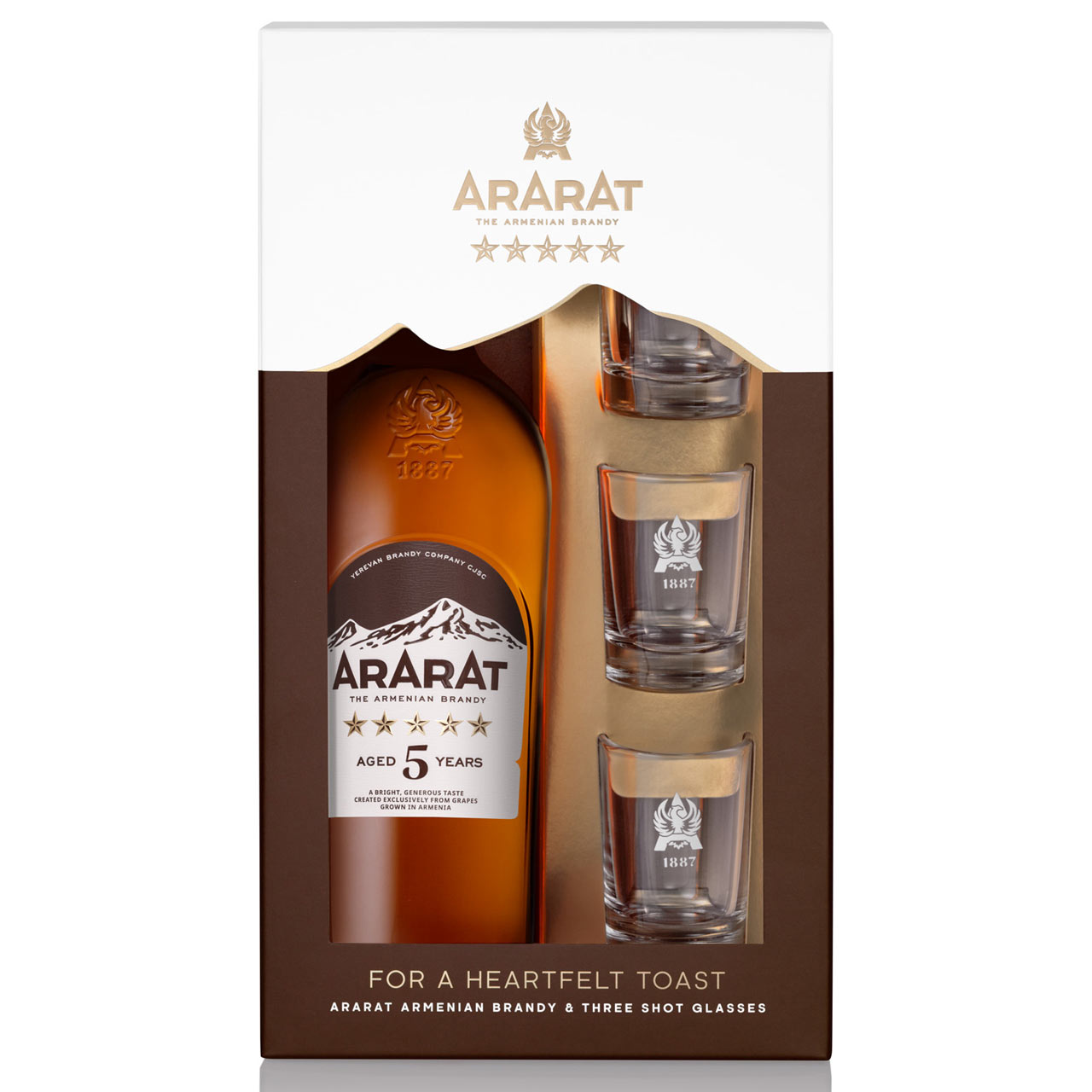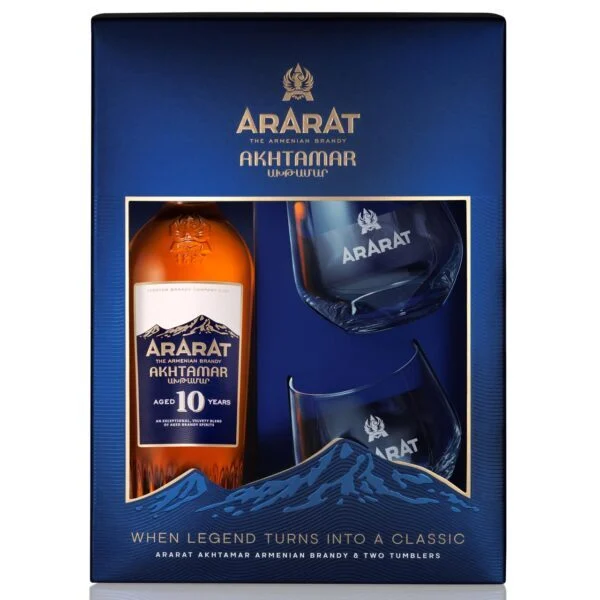Telavi Marani Saperavi Qvevri 2019
This wine has a deep ruby-red color, characteristic of the Saperavi grape. On the nose, it offers a rich bouquet of red fruits, including cherries, blackcurrants, and plums, complemented by subtle notes of tobacco, spices, and light earthy accents. On the palate, the Telavi Marani Saperavi Qvevri is powerful and structured, with an excellent balance between vibrant acidity, firm tannins, and a long, complex finish. The influence of the qvevri method imparts an authentic character to the wine, resulting in a smooth yet layered tasting experience. Thanks to its full-bodied structure and rich flavor profile, this wine pairs exceptionally well with a variety of dishes. It is a perfect match for grilled meats, such as beef, lamb, and barbecue dishes. Additionally, it pairs wonderfully with game dishes, including venison and duck. Spicy cheeses and mature hard cheeses also complement this wine beautifully. For lovers of Georgian cuisine, it pairs excellently with traditional dishes such as khinkali (stuffed dumplings) and mtsvadi (Georgian kebab). Finally, it is an outstanding choice for braised or spiced dishes, such as filet mignon with red wine sauce or a rich stew. To fully enjoy the Telavi Marani Saperavi Qvevri, it is recommended to serve it at a temperature between 16°C and 18°C. This allows its aromas and flavors to be fully expressed.
Telavi Marani was founded in 1915 and quickly underwent significant changes. Just two years later, the company was nationalized due to the Russian Revolution. It wasn’t until the end of the 20th century that the winery came back into private hands, ushering in a new era for this historic winery. Today, Telavi Marani combines ancient Georgian traditions with modern winemaking techniques. French wine consultants and oenologists play a crucial role in the production process, overseeing every stage with the utmost care, from grafting the vines to bottling the wines. The core philosophy of Telavi Marani lies in preserving authentic, indigenous grape varieties that reflect the unique characteristics of the terroir in the Kakheti region. The wines of Telavi Marani are highly praised worldwide and are exported to Russia, Europe, New Zealand, and the United States. Their exceptional quality is underscored by over one hundred gold and silver medals in international wine competitions. With a modern appeal and refined character, these wines perfectly match the taste preferences of Western Europe, contributing to their growing popularity in the international market.





